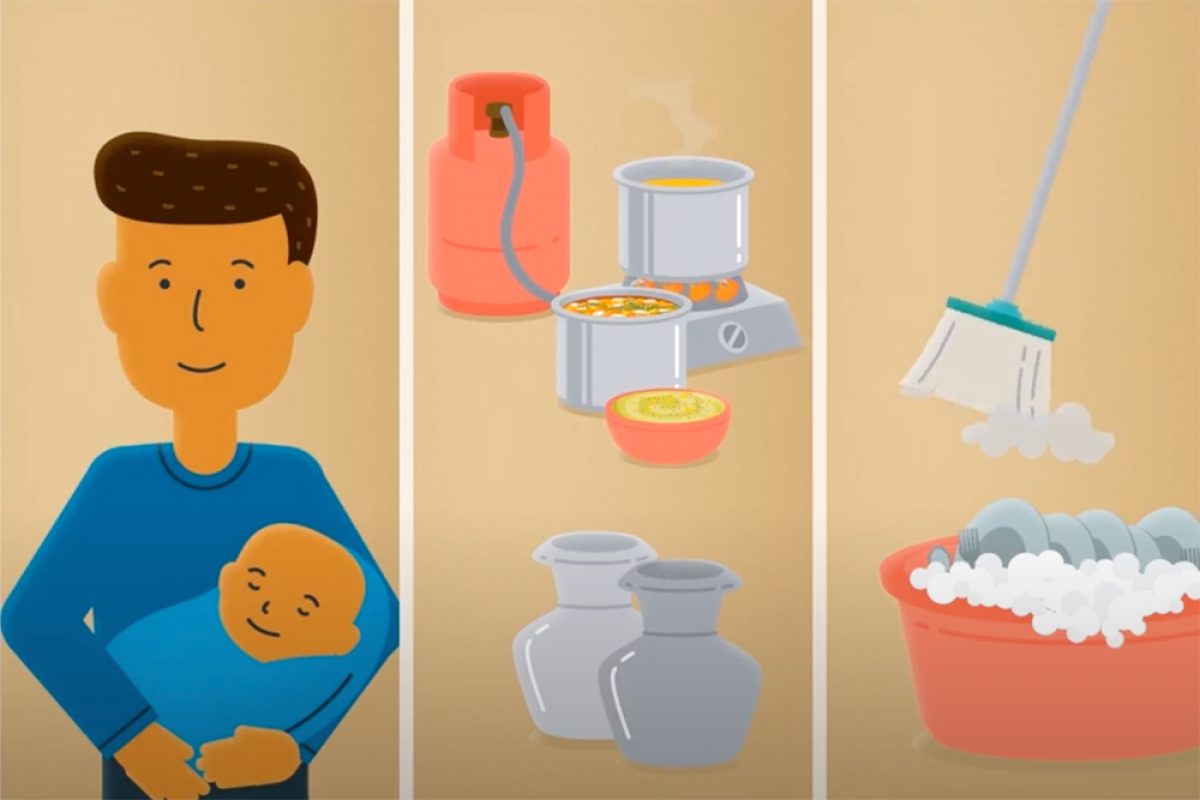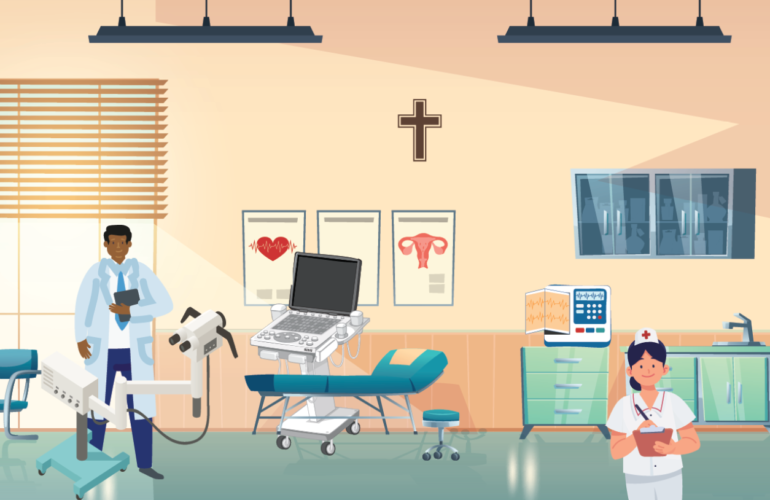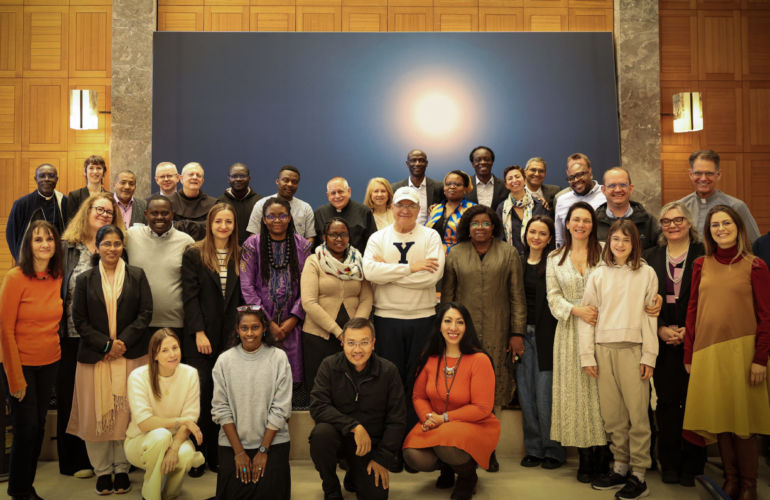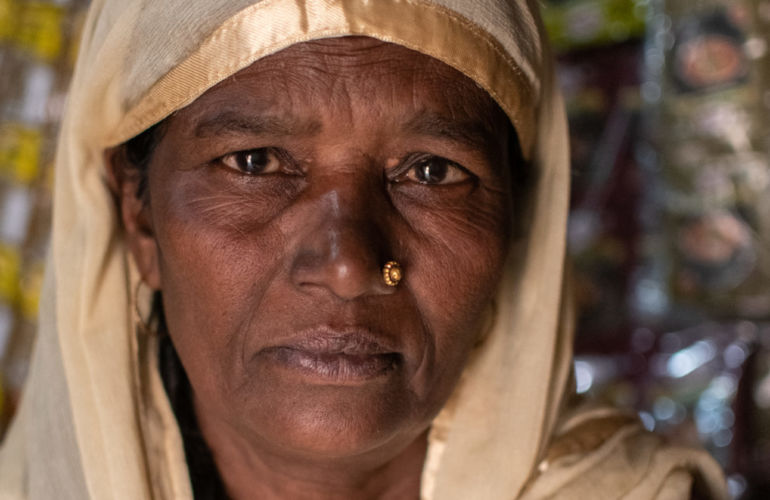ICMC Malaysia Takes Awareness-Raising Activities Online Amid COVID-19 Crisis
As the new coronavirus paralyses the country, ICMC Malaysia is finding creative ways to continue reaching out to vulnerable refugees with awareness-raising activities. Two new animated videos address the harm caused by child marriage and gender stereotypes, topics discussed in ICMC’s regular awareness-raising sessions.

Malaysia’s coronavirus lockdown, decreed on 16 March, has limited the International Catholic Migration Commission (ICMC)’s capacity to conduct house-to-house awareness-raising sessions with vulnerable refugees. To continue reaching those who need it the most in their homes, ICMC Malaysia has taken its activities online.
ICMC is releasing a series of awareness-raising videos that focus on the topics discussed in the Refugee Protection Corps’ regular programming. They aim to prevent sexual and gender-based violence among refugee communities.
The first two videos to be released are animations focused on child marriage and harmful roles and stereotypes related to girls and boys/ women and men. ICMC staff in Malaysia is planning additional videos on other topics, including child abuse, sexual harassment, and rape.
The video on child marriage describes the negative consequences of early marriage on girls and families. These include health complications during pregnancy, a child bride’s vulnerability to abuse, and a lack of education and job opportunities for survivors of child marriage and their children.
The video on negative stereotypes describes gender roles as boxes in which babies are put and that condition their lives. “Gender stereotypes are negative when they limit women’s or men’s potential,” states the video. It calls on viewers to get out of stereotyped “boxes” and to make equal opportunities for all a reality.
The video series targets Rohingya refugees, the largest refugee community in Malaysia. It will reach their homes through online platforms such as Facebook and YouTube.
Roles for girls and boys/ women and men remain strongly separated within the Rohingya culture, and this often results in vulnerability to abuse among girls and women. Marriage of young girls is common, and Rohingya women are discouraged from working outside the home. Marriage continues to be the only means to attain economic security for most women, who remain responsible for all forms of domestic work and child-raising activities.
ICMC Malaysia has moved many of its other regular services online because of the lockdown. Counseling services for refugees are now held remotely through teleconferences. Calls to ICMC helplines have increased, notably from refugees requesting emergency assistance in the forms of food or money, as many have lost their livelihoods during the lockdown.
ICMC Malaysia’s New Awareness-Raising Animated Videos
Emergency assistance for survivors of gender-based violence is still available through ICMC’s partner, a shelter operated by the Sisters of the Good Shepherd (Global Shepherds Berhad). ICMC also continues to provide emergency cash assistance to needy refugee survivors of gender-based violence.
ICMC’s Malaysia-based awareness-raising activities, counseling services, emergency funding and emergency shelter placement for survivors of gender-based violence are supported by the US Department of States Bureau of Population, Refugees, and Migration.



